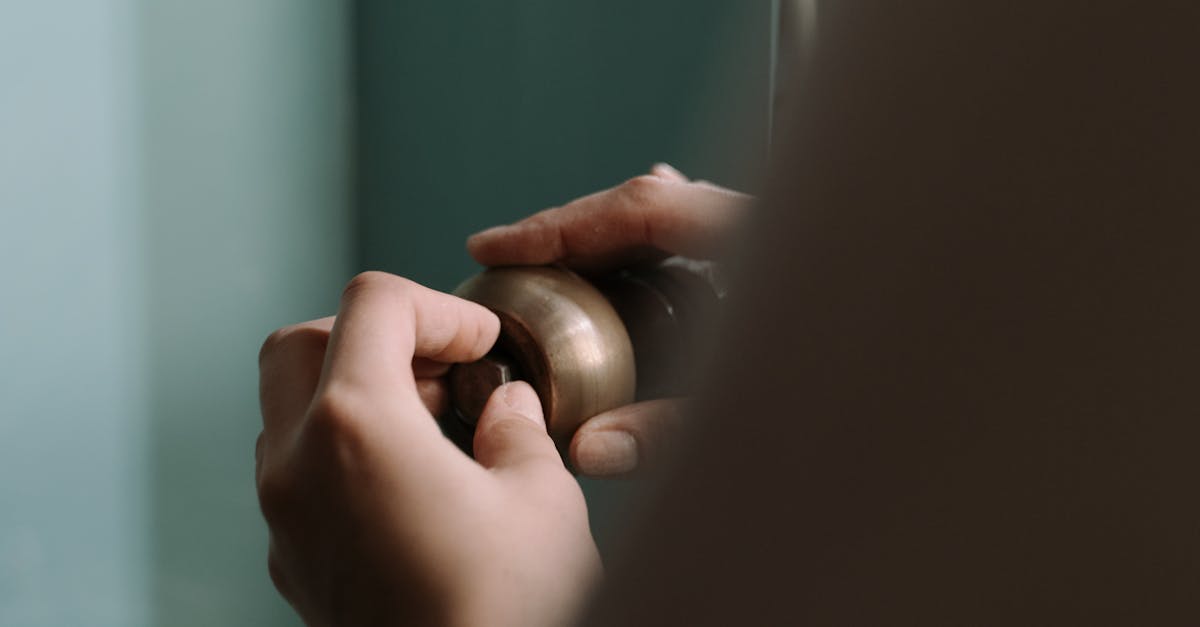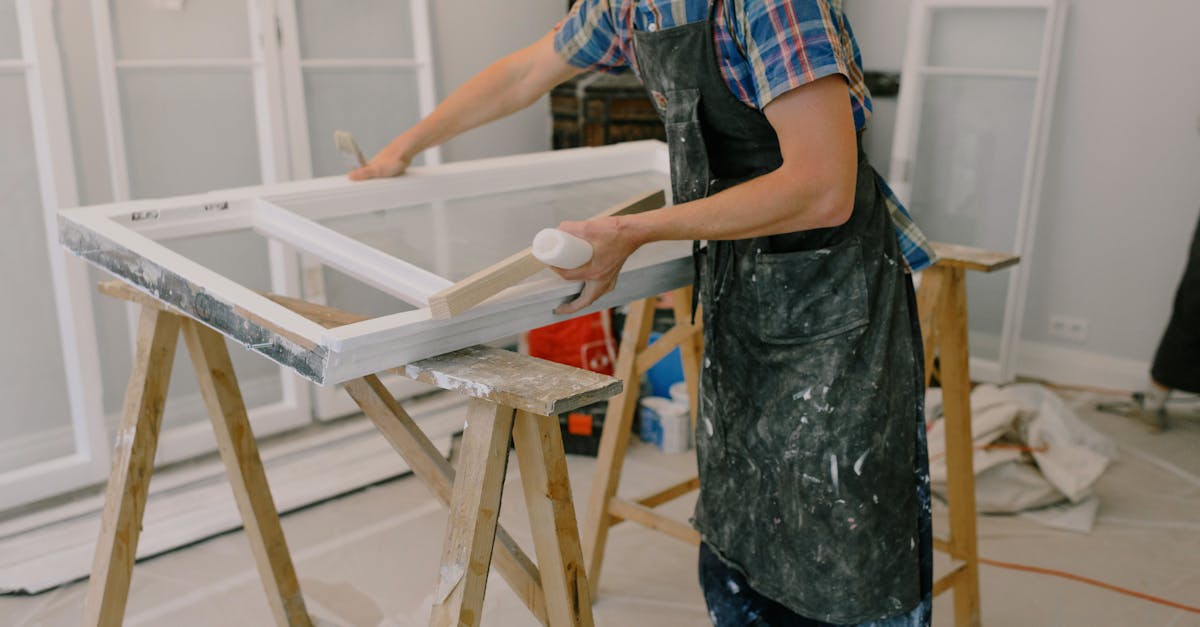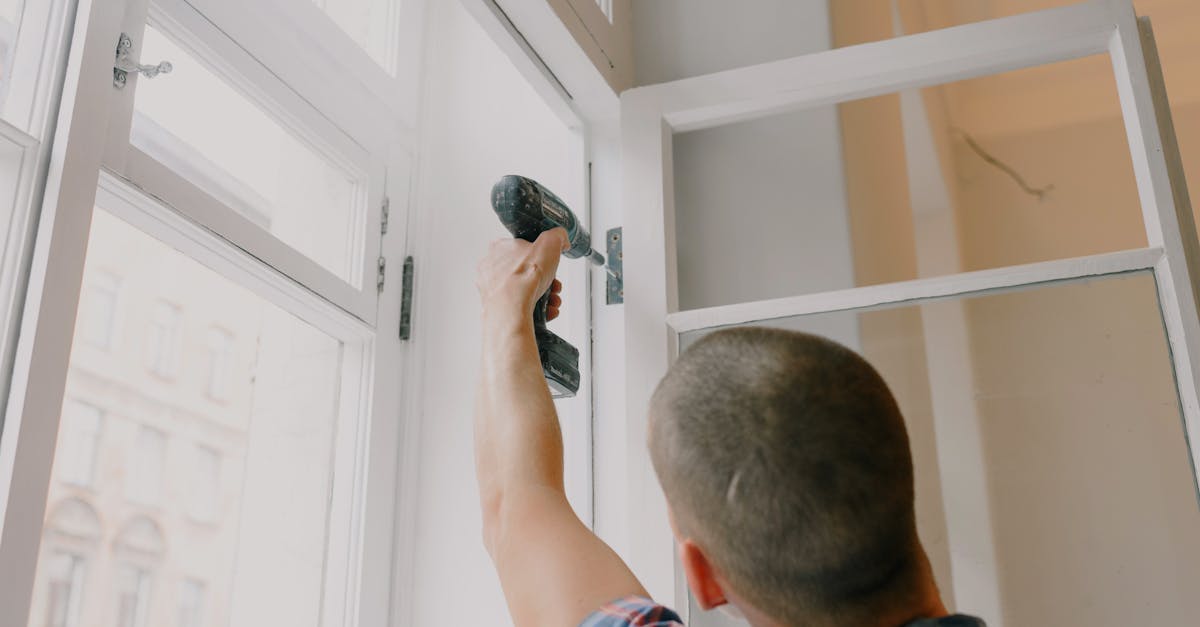
At Drainmaster Inc, we specialize in professional sink installation and repair services designed to meet the diverse needs of our customers. Our skilled technicians are equipped to handle everything from installing new sinks in kitchens and bathrooms to repairing leaks, clogs, and other common issues that can disrupt your daily routine. We use high-quality materials and advanced techniques to ensure that your sink functions flawlessly and enhances the overall aesthetic of your space. With our commitment to excellent customer service and prompt response times, you can trust Drainmaster Inc to deliver reliable solutions that keep your home running smoothly. Whether you’re renovating your home or simply need a quick fix, our team is here to help every step of the way.
When to Call a Professional
Recognizing when to call a professional plumber can save you time, money, and frustration. If you encounter persistent leaks, blockages that won't clear, or unusual sounds coming from your plumbing, it’s often a sign of deeper issues that require expert attention. Attempting to fix complex problems without adequate knowledge might lead to further complications or damage. Professionals possess the skills and tools necessary to diagnose and resolve issues quickly, ensuring that your plumbing operates smoothly.
Another situation that merits professional help is when you're considering major installations or upgrades, such as replacing your sink or updating your plumbing system. These projects can be intricate and may require permitting and adherence to local codes. A licensed plumber has the expertise to handle these tasks efficiently while ensuring compliance with regulations. Their experience can also help avoid potential pitfalls that could arise during DIY attempts, ultimately leading to a more successful installation.
Signs That Indicate a Need for Expert Help
Unusual noises emanating from your sink or plumbing can signal a deeper issue at play. Whether it's persistent gurgling, banging, or hissing, these sounds often indicate blockages or pressure imbalances in the system. Ignoring these symptoms may lead to more significant problems, potentially resulting in costly repairs. If you notice any of these unusual sounds, seeking professional help can prevent future complications.
Water pooling around the sink or beneath it is another sign that warrants immediate attention. This could be a result of leaks in pipes or a failing drainage system. Such issues not only affect the integrity of your plumbing but may also lead to water damage in your home. Promptly addressing any signs of leakage can save you from more extensive repairs down the line, making it wise to consult a plumber when faced with these conditions.
Maintenance Tips for Longlasting Sinks
Regular care can make a significant difference in the longevity of your sink. Cleaning it frequently with mild soap and a soft sponge prevents buildup of dirt and grime. Avoid harsh chemicals or abrasive tools that can scratch the surface. For stainless steel sinks, using a specialized cleaner keeps them looking shiny and new.
Inspecting the sink and its fixtures for any leaks or signs of wear is essential. Promptly addressing any issues can prevent more extensive damage. Additionally, using a sink strainer helps catch debris and minimize clogs. Ensuring proper drainage and occasionally flushing the pipes with hot water keeps everything flowing smoothly.
Best Practices for Sink Upkeep
Regular cleaning is essential for sink maintenance. Use a gentle cleanser that won't scratch the surface. For stainless steel sinks, mild dish soap and a soft sponge can effectively remove grime while preserving shine. Avoid abrasive materials, as they can lead to unsightly scratches. Rinsing thoroughly after cleaning prevents buildup of soap residue, which can attract dirt over time.
Preventative measures can help maintain sink functionality. Be cautious about what goes down the drain. Avoid disposing of greasy substances, food scraps, or fibrous materials in the sink. These items can lead to clogs and create plumbing issues down the line. Additionally, regularly checking faucet connections and seals can help identify leaks early, preventing water damage and costly repairs.
Choosing the Right Sink for Your Home
Selecting a sink for your home involves evaluating various factors that will impact both functionality and aesthetics. Start by assessing your space. The dimensions of your kitchen or bathroom will dictate the size and style of the sink. Consider how the sink will fit into your overall design, including other fixtures and cabinetry. Choose a sink that not only complements your decor but also meets the practical demands of your household.
Material is another critical aspect to consider when making your choice. Options abound, ranging from stainless steel, which offers durability and easy maintenance, to porcelain, known for its classic look. Think about the level of wear and tear the sink will experience and whether you prefer a material that is more resistant to scratches and stains. This decision can influence both the longevity of the sink and the ease with which you can keep it clean and presentable.
Factors to Consider Before Making a Purchase
When selecting a sink, it is essential to consider the material. Common options include stainless steel, porcelain, and composite materials, each offering distinct advantages. Stainless steel is durable and easy to clean, while porcelain can add a classic touch to a bathroom or kitchen. Composite materials often combine aesthetics with resistance to scratches and stains, making them a popular choice for households looking for longevity.
The size and configuration of the sink also play a crucial role in the purchasing decision. Measure the available space to ensure a proper fit within existing cabinetry or countertops. Consider the placement of plumbing fixtures and whether a single or double basin serves your needs better. Additionally, think about the overall style of your home to ensure that the chosen sink complements your décor. This attention to both function and design will ultimately enhance your space.
FAQS
How do I know if I need to call a professional for sink installation or repair?
You should consider calling a professional if you notice persistent leaks, unusual noises, or if the sink is not draining properly despite your attempts to fix it. Additionally, if you are unsure about how to install a new sink or lack the necessary tools, it’s best to seek expert help.
What are the common signs that indicate I need expert help with my sink?
Common signs include water pooling around the sink, slow drainage, frequent clogs, bad odors, or visible rust and corrosion. If you encounter any of these issues, it's advisable to consult a professional to avoid further damage.
What maintenance tips can help prolong the life of my sink?
To maintain your sink, regularly clean it with mild soap and warm water, avoid using abrasive materials, check for leaks periodically, and ensure proper drainage by clearing any debris. Also, consider using a sink strainer to catch food particles and prevent clogs.
What best practices should I follow for sink upkeep?
Best practices include fixing minor leaks immediately, avoiding pouring grease down the drain, using a plunger for minor clogs, and scheduling professional inspections periodically to catch potential issues before they worsen.
What factors should I consider before purchasing a new sink?
When choosing a new sink, consider the size and layout of your kitchen or bathroom, the material (such as stainless steel, porcelain, or composite), the sink's style (such as undermount or farmhouse), and your budget. Additionally, think about your lifestyle and how often you cook or clean to select a sink that meets your needs.


